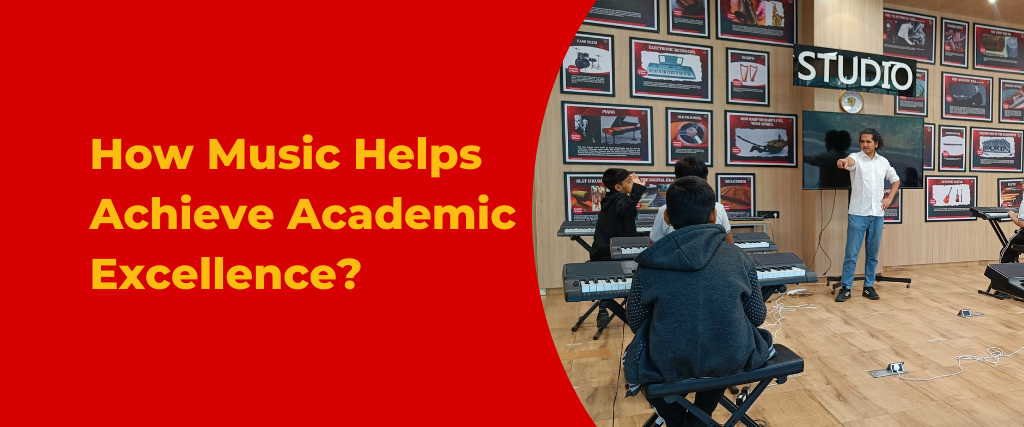This Study Proves How Music Makes Students Smarter
We all know of the ‘Mozart effect’ on children – and now, this study confirms a strong bond between music lessons and high performance in other subjects.
The ‘Mozart effect’ on children is a well-known concept, and a recent study seems to affirm a strong correlation between music lessons and high performance in other subjects. Music educator Martin J. Bergee conducted a study involving 1,000 students aged 10 to 14, aiming to challenge the idea that music education is linked to academic achievement.
Surprisingly, the study revealed robust relationships between music lessons and success in disciplines like math and reading, even when accounting for various background variables. The findings suggest a broader impact of music on general learning processes, emphasizing the importance of developing a person’s mind in all possible ways for optimal cognitive growth.
Music Education: An Indispensable Part of Academics
Enhanced Cognitive Abilities
Music education has been linked to improved cognitive skills, including memory, attention, and problem-solving. Learning to play an instrument or understanding musical concepts engages the brain in unique ways, fostering overall mental development.
Academic Performance Boost
Numerous studies suggest a positive correlation between music education and academic success. Students involved in music often demonstrate higher achievement in subjects like math and reading. The discipline and focus cultivated through musical training can positively impact overall academic performance.
Developing Discipline and Work Ethic
Learning an instrument or participating in musical activities requires commitment, practice, and perseverance. These qualities contribute to the development of discipline and a strong work ethic, which are transferable skills beneficial in academic pursuits and beyond.
Enhanced Creativity
Music encourages creativity and expression. Integrating musical elements into academic environments provides students with a means to express themselves, fostering creativity and imagination. This creative thinking can extend to problem-solving in various academic subjects.
Improved Social Skills
Participating in group music activities, such as bands or choirs, promotes teamwork and collaboration. Students learn to work together, communicate effectively, and appreciate the value of collective effort—skills that are crucial in both academic and real-world settings.
Emotional Well-being
Music has a profound impact on emotions and mood. Integrating music into academics can create a positive and enjoyable learning environment, reducing stress and enhancing the overall well-being of students. This positive atmosphere can contribute to improved focus and motivation.
Cultural and Historical Understanding
Studying music provides insights into different cultures and historical periods. It offers a unique lens through which students can explore diverse traditions, art forms, and societal changes, fostering a more comprehensive understanding of the world.
Multisensory Learning
Music engages multiple senses simultaneously, offering a multisensory learning experience. This holistic approach can enhance memory retention and comprehension, making academic concepts more accessible and memorable for students.
A Roadway To Every Child’s Success
A key to every child’s success is including music in their school experience. It’s not just about enjoying tunes; music brings big benefits for students. It helps them remember things better, focus more, and solve problems easily. When schools add music to their lessons, it doesn’t just make subjects like math and reading better, but it also teaches important skills like hard work and teamwork. Music makes learning more fun and helps kids express themselves.
See More:= Learn Music Online
